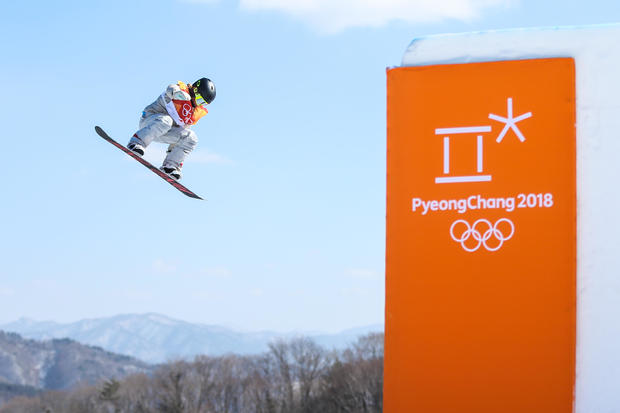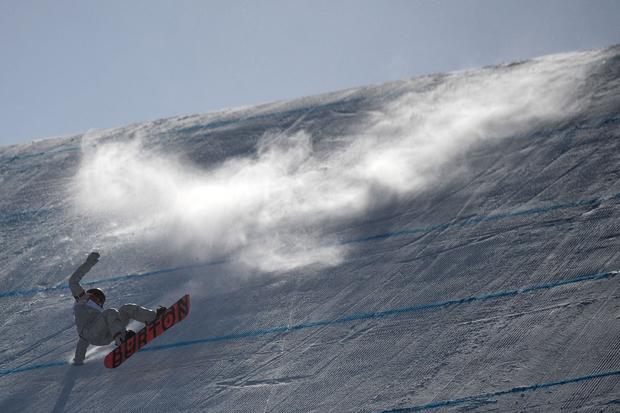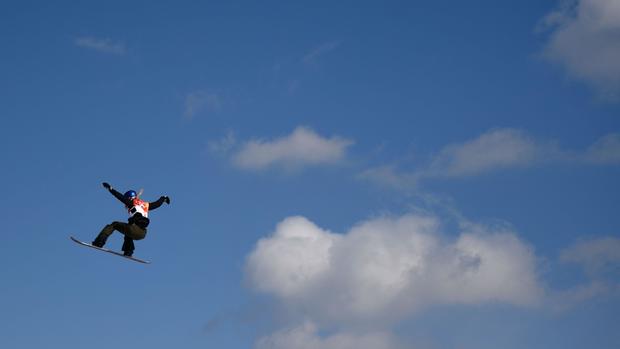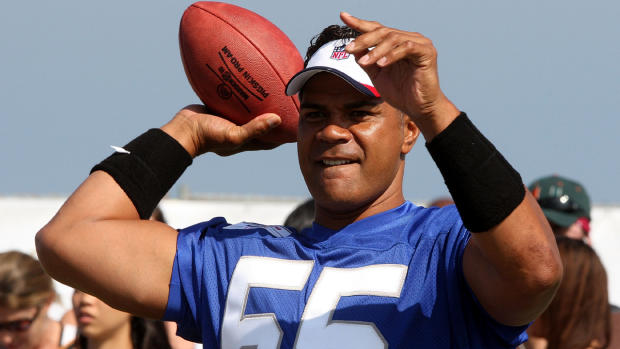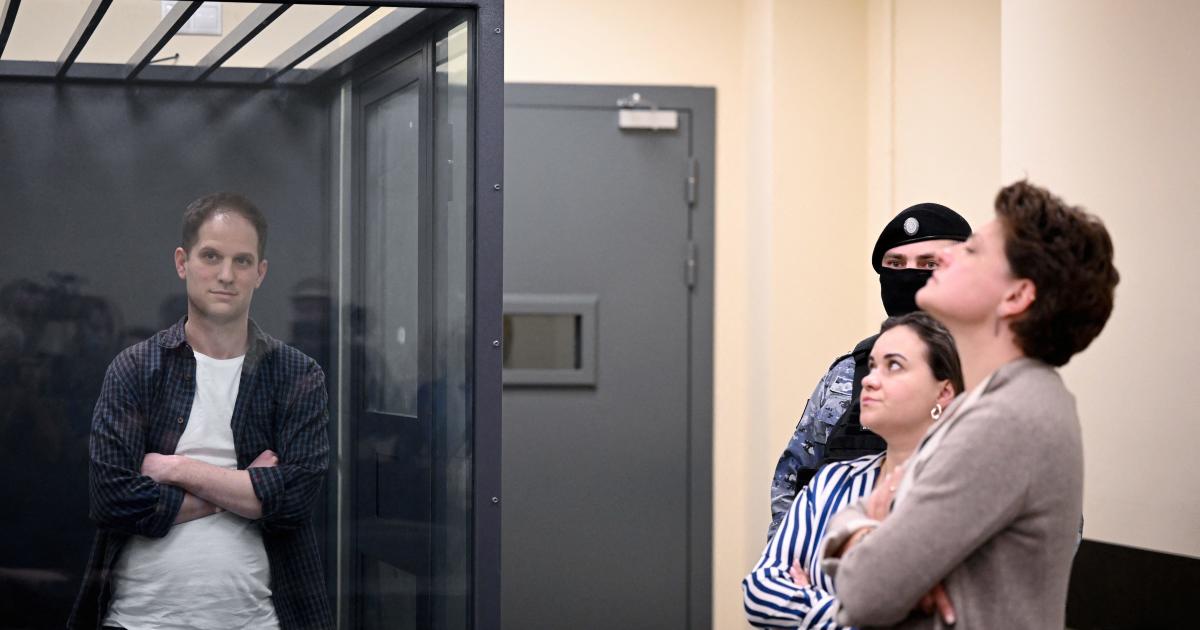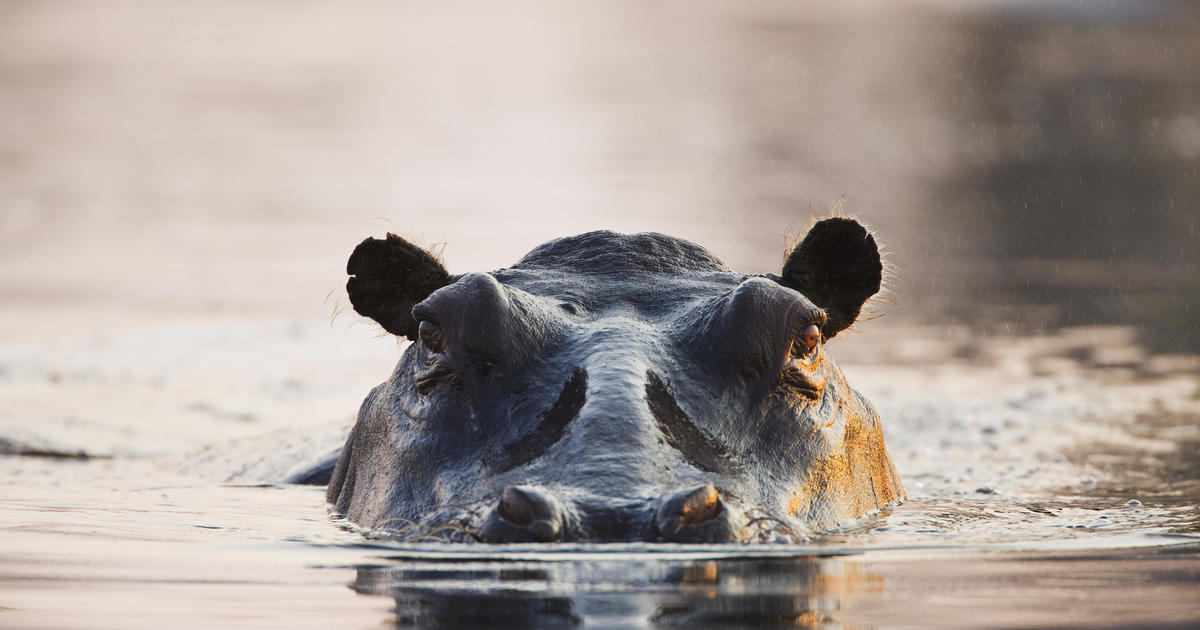The elephant on the slopes: Putting female snowboarders at risk
On Monday night, the world watched as 4 out of 5 female snowboarders in the Olympic slopestyle competition -- fierce athletes who had spent the last four years perfecting daring new jumps to advance their sport -- crashed to the ground amidst dangerous 30 mph winds in Pyeongchang. Athletes, commentators and fans alike were understandably horrified. And questions began to swirl as to why organizers chose not to postpone the event due to the vicious weather conditions, as they had just done with the women's Alpine skiing giant slalom.
Seventeen-year-old Australian rider Tess Coady tore her ACL, when she "got picked up by the wind," as she put it. And Austrian Anna Gasser, who finished 15th, called the competition "a lottery," voicing her disappointment in the International Ski Federation for allowing it to go on.
"I don't think it was a fair competition and I'm a little disappointed in the organization that they pulled through with it," she said, according to the AFP news agency. "From my point of view I think it was not a good show for women's snowboarding."
Tellingly, neither did American Jamie Anderson, who took home the gold.
"I'm not extremely proud of my run," the two-time gold medalist told USA Today following her win. A "back 5, cab 5, front 7 is pretty mellow. That would barely get into finals in some events, but considering the conditions and everything, I feel pretty good."
After winning gold in Sochi with two 720s and spending the last four years working to master more daring, inverted tricks like 900s, 1080s and double corks, the seasoned rider made the crucial decision to "dumb down" the routine she had planned in order to adapt to the weather conditions at play. On the second jump of her first run -- the run which would ultimately win her the gold -- Anderson launched herself into what was meant to be a cab double cork 900. After sensing the strong uphill wind, however, she began waving her arms to slow her rotations and landed the jump with a frontside 720 instead.
While Anderson's quick thinking is a testament to her years of experience and her victory should not be overshadowed by criticism of the competition's organizers, the event on Monday was a shame on multiple levels.
On one front, all of the steps these incredible female athletes have taken over the past several years to advance their sport, incorporating death-defying tricks that do much to bridge the gap between women's slopestyle and men's, did not get the chance to be showcased on the sport's grandest stage.
On another, the fact that the women's giant slalom and men's downhill skiing events were both called due to the weather conditions, while the women's slopestyle was allowed to continue, raises questions about whether the sport's governing body, the International Ski Federation (known by its French acronym, FIS) values its skiing events and the athletes who compete in them more than their snowboarding counterparts.
"When it's Alpine, they have a higher status," Norway's Silje Norendal told Yahoo Sports' Jeff Passan. "And they really want a good show. I feel like we're definitely coming in second. We can actually get super hurt. And it's just really unfair. It's such a young sport. It's just sad that we all feel sometimes that we're coming in second."
In response to the widespread criticism, FIS put out a statement Monday which stated, "FIS always aims for the athletes to be able to stage their best performances, which some athletes have expressed was not the case today. But the nature of outdoor sports also requires adapting to the elements."
Winter sports like skiing and snowboarding, taking place as they do on snow-covered mountains, certainly do entail a degree of adapting to the elements. There is a difference, however, between adapting to the elements and having to compete in conditions that put your body and health at risk.
The wind conditions on Monday were so bad that 41 of the 50 runs attempted ended in crashes. And when athletes are launching themselves off 60-foot kickers and soaring through the air with their feet attached to a board, the risk of serious head injuries should be first and foremost on organizers' minds. However, as the spotlight and research around head injuries and concussions have centered largely around football, athletes competing in other sports -- and in particular, female athletes -- may be suffering the consequences.
Recent research has shown that repeated head impacts, not just concussions, may lead to the degenerative brain disease called chronic traumatic encephalopathy (CTE).
More than 100 NFL players were recently posthumously diagnosed with CTE. And while findings like this are as horrific as they are important, they may perpetuate the falsehood that football players -- and male athletes in general -- are the ones most at risk. The truth is that soccer players, hockey players and many of the athletes competing in the Winter Olympics are at grave risk as well.
And watching the brutal slopestyle event Monday, one could only hope that same type of focus and concern football programs have started giving to the issue will soon migrate to other high-impact sports, like women's snowboarding, as well.
CTE can currently only be diagnosed posthumously and, to date, no female athletes have received the diagnosis. Of all the brains currently at the VA-BU-CLF Brain Bank for research, fewer than 10 are female. Perhaps decades from now, as more female athletes pledge their brains to science, those statistics could look very different.
